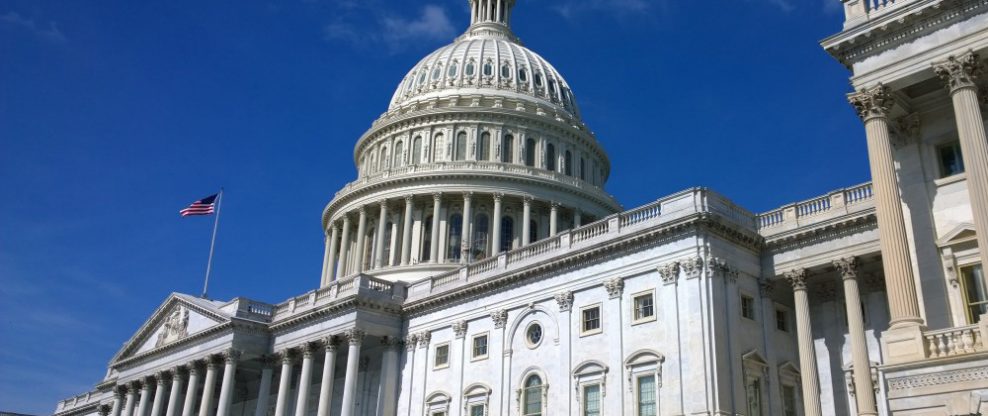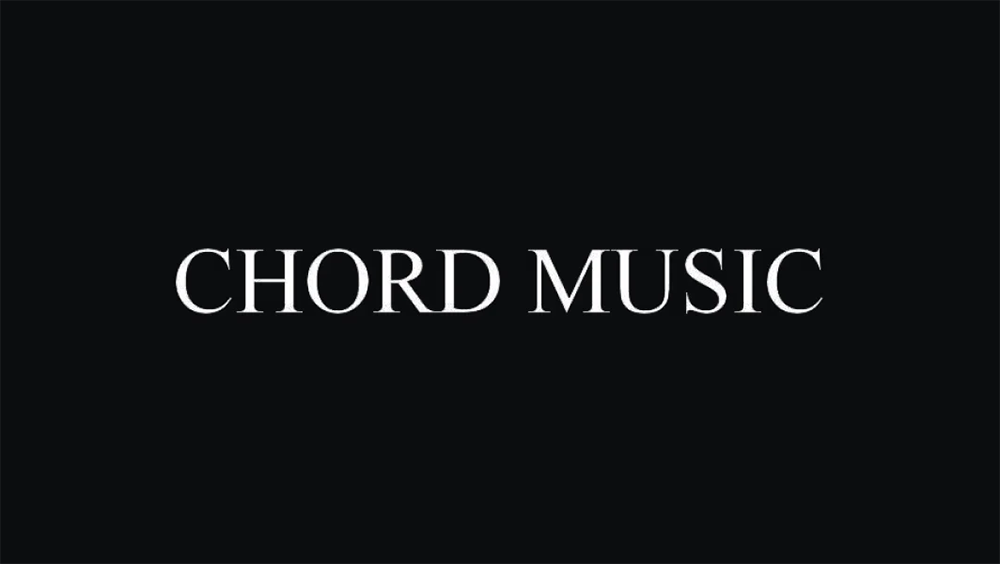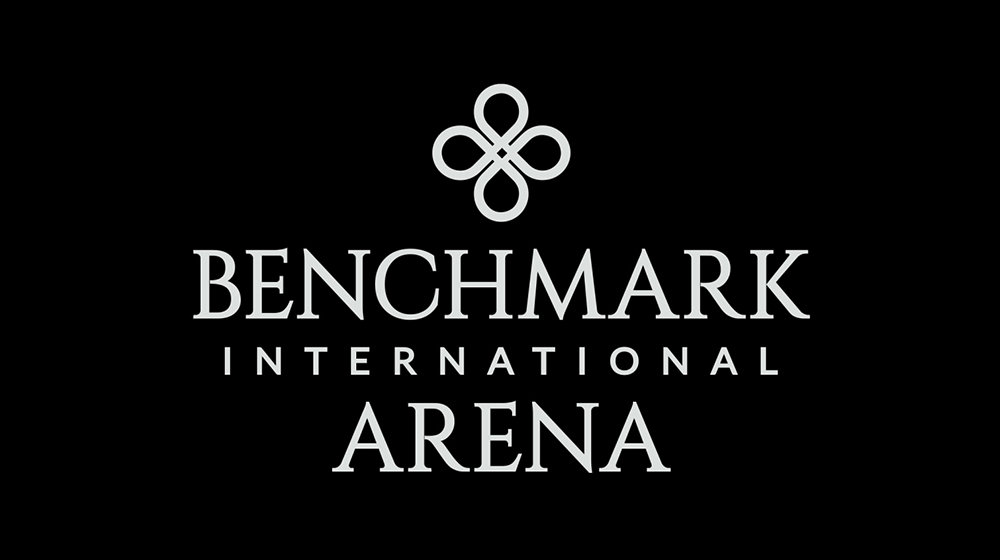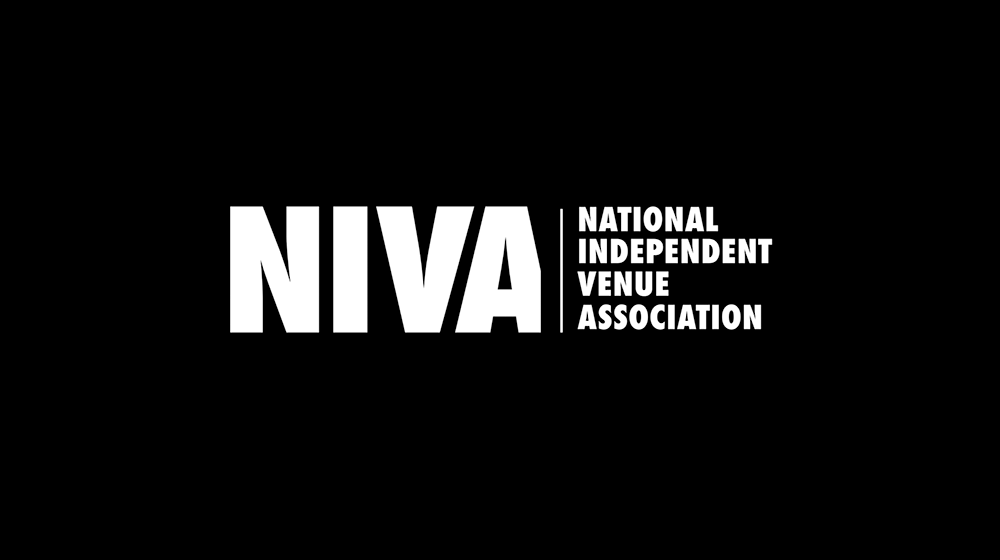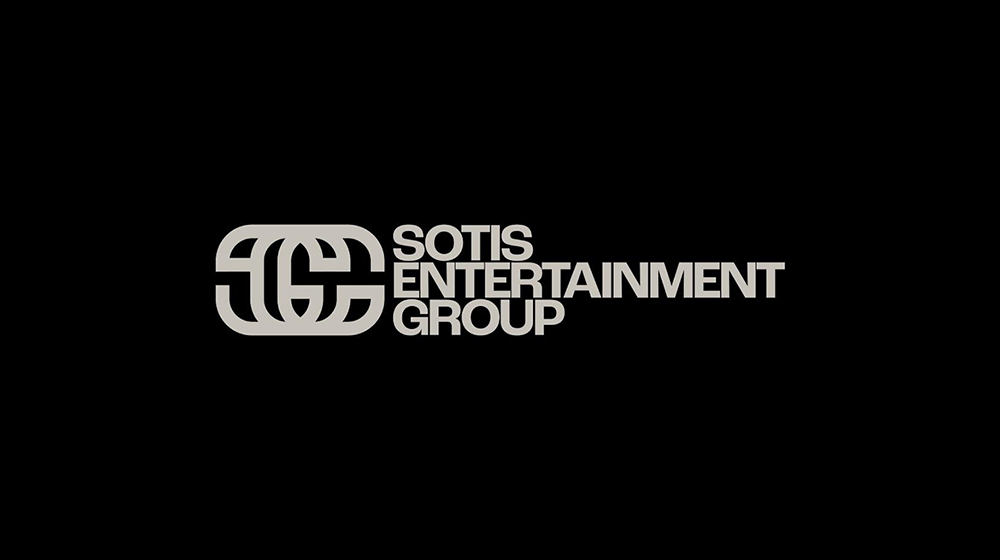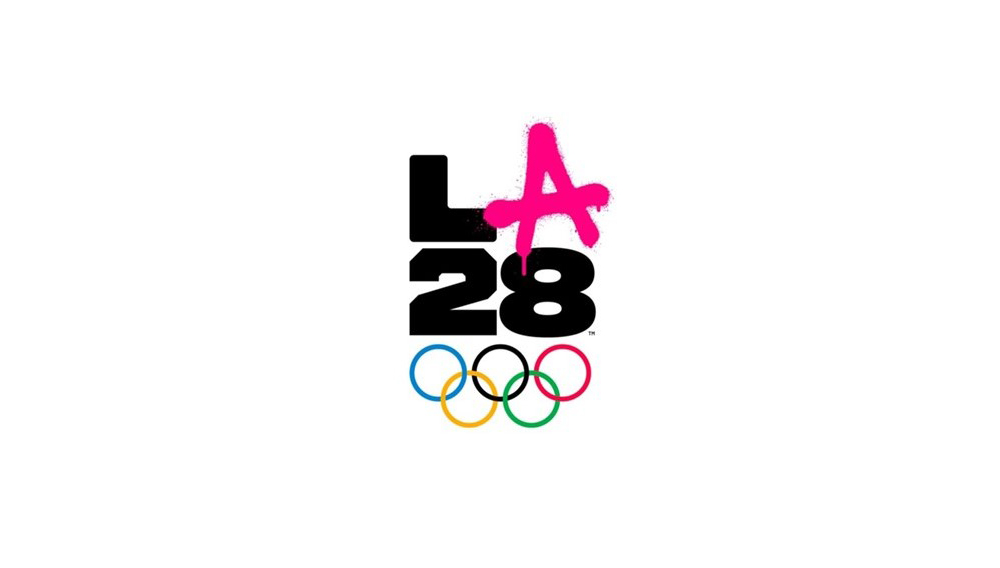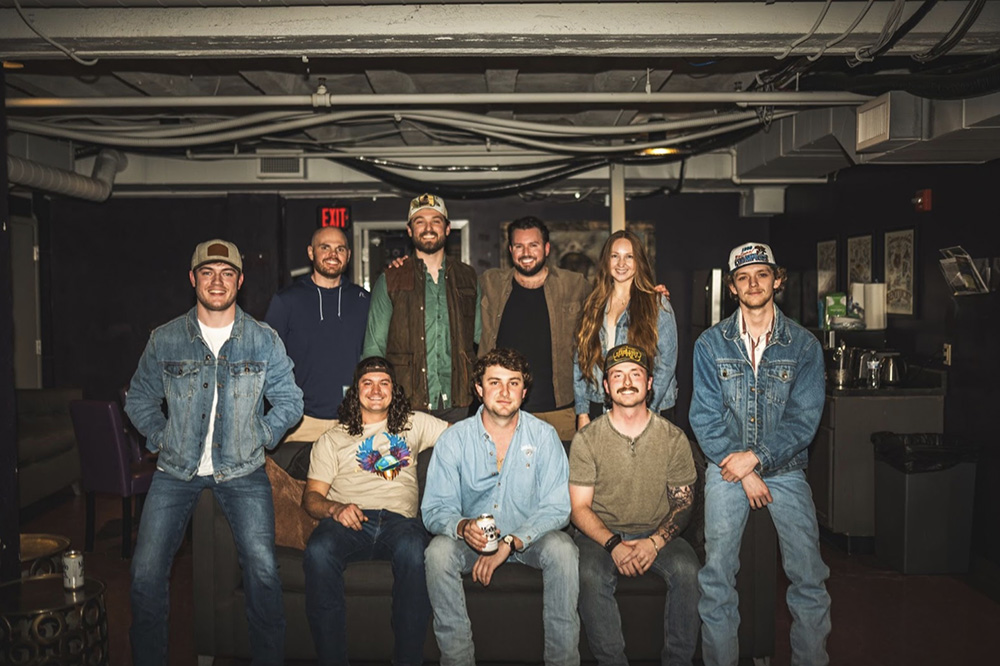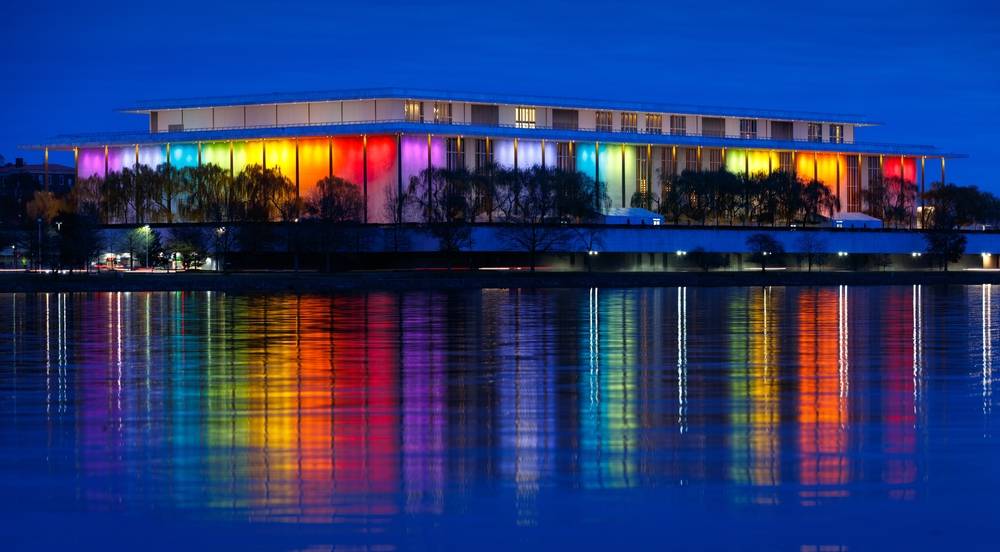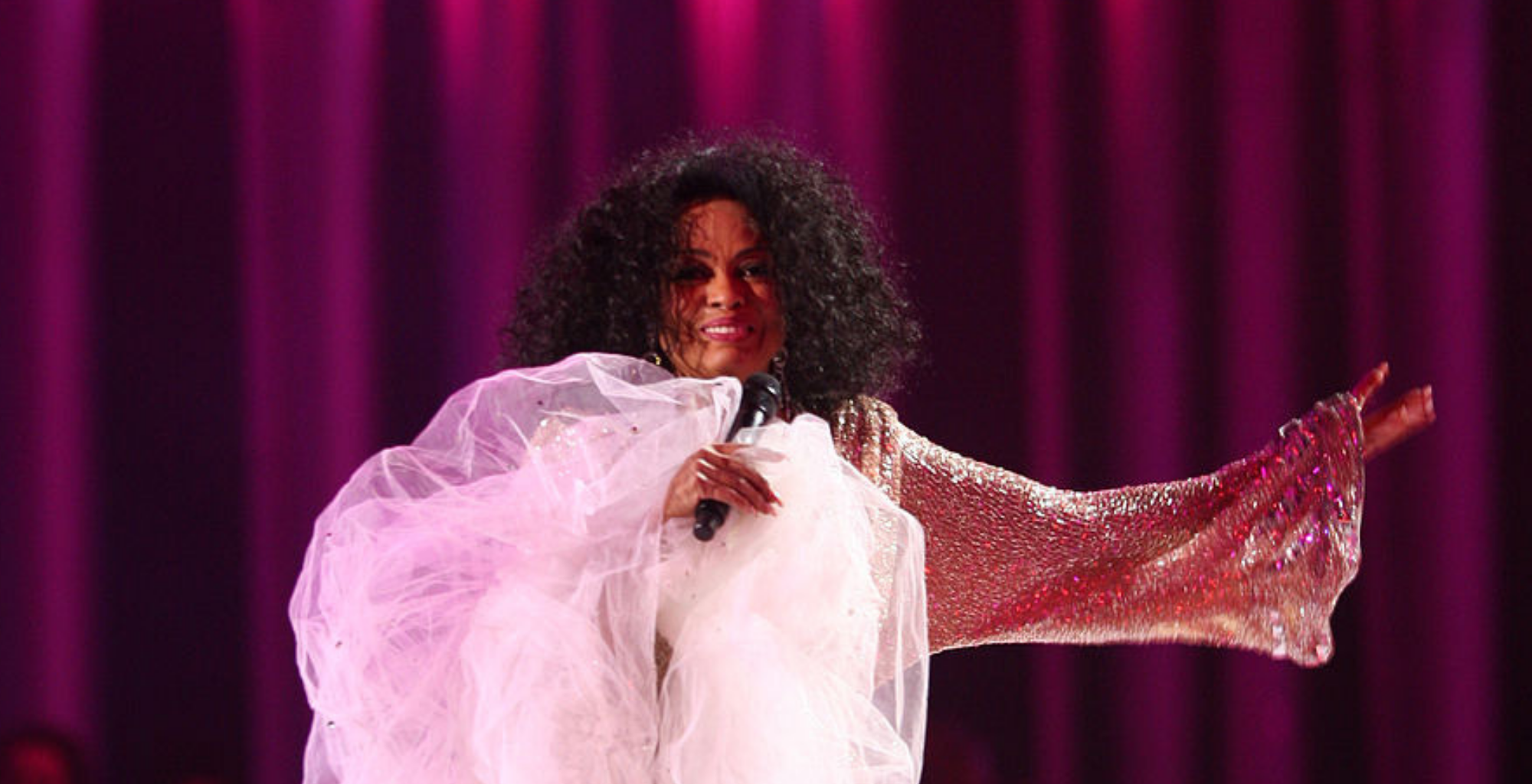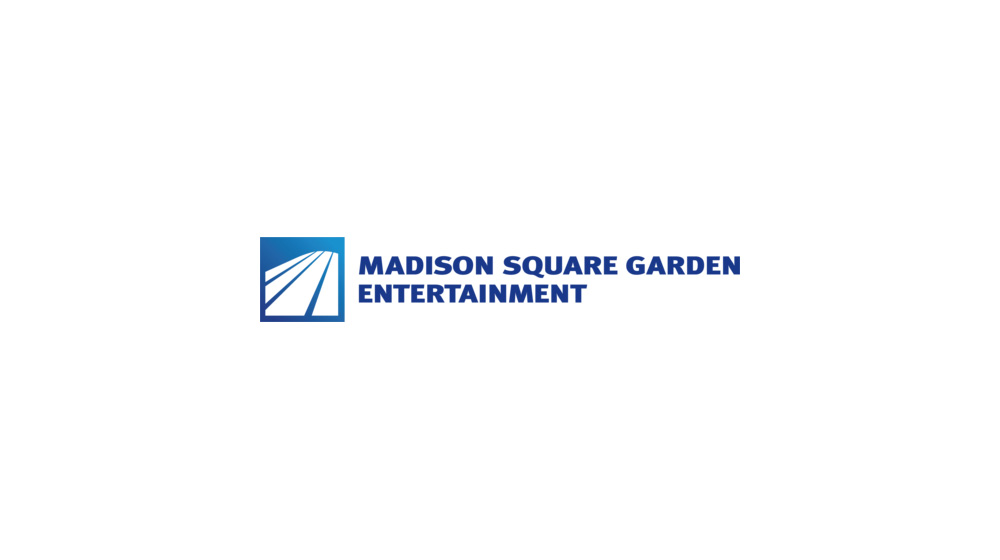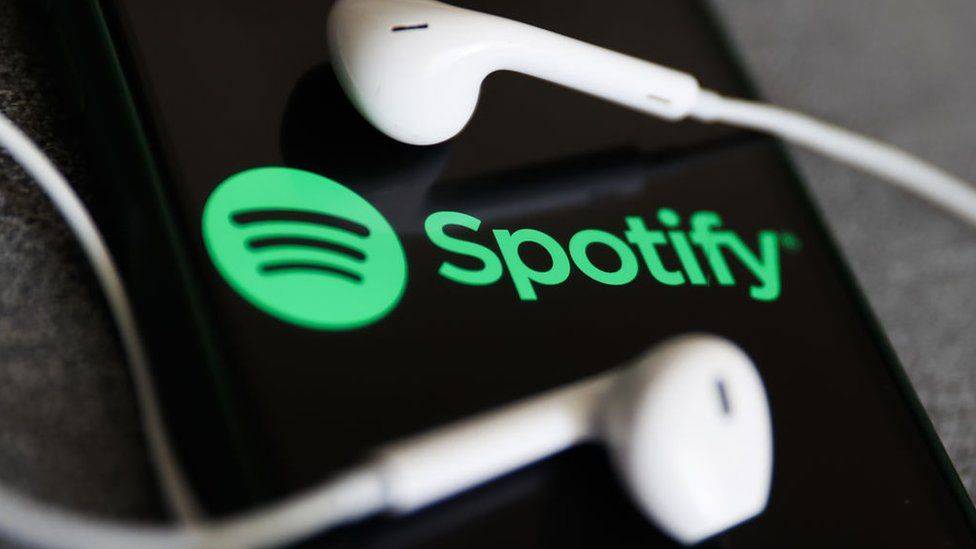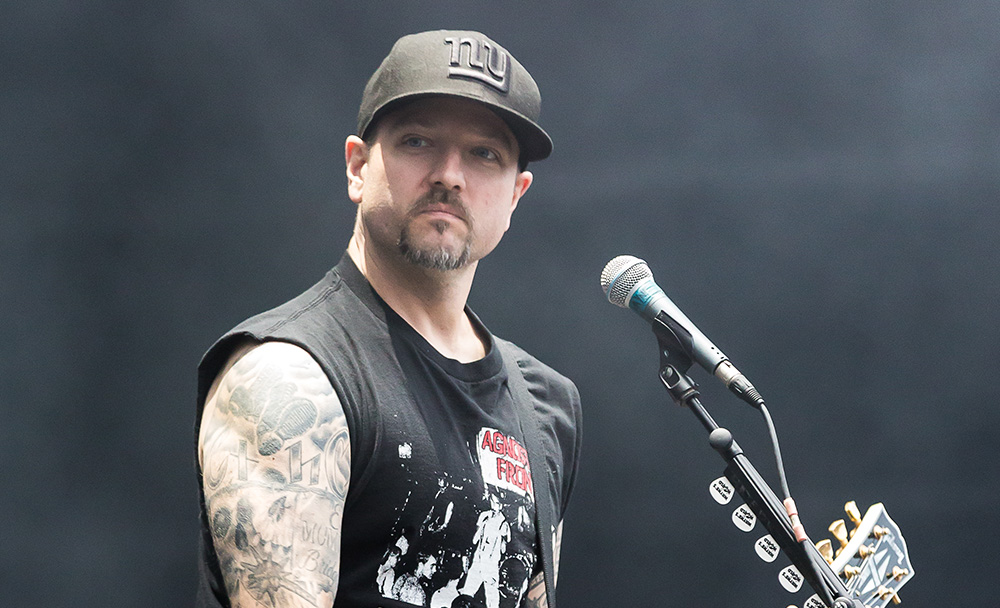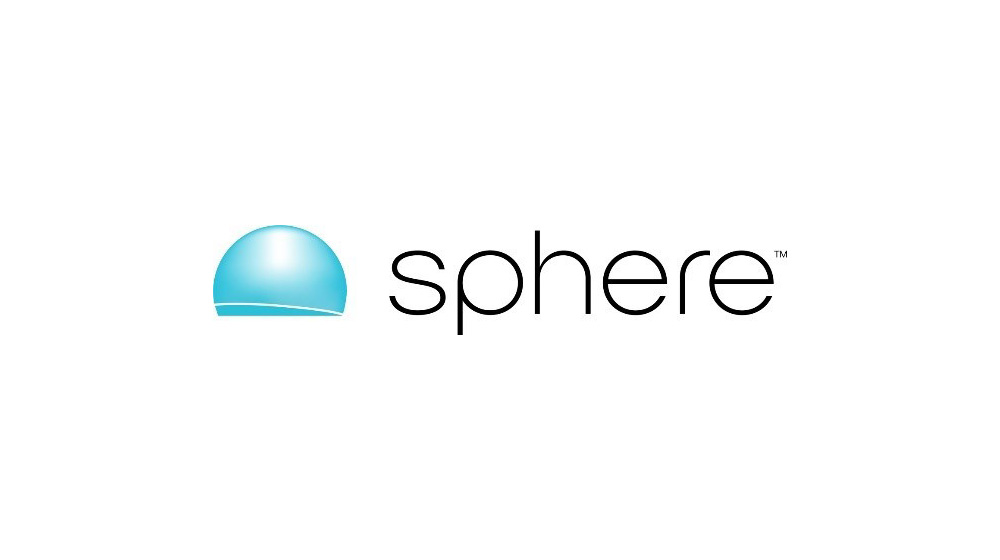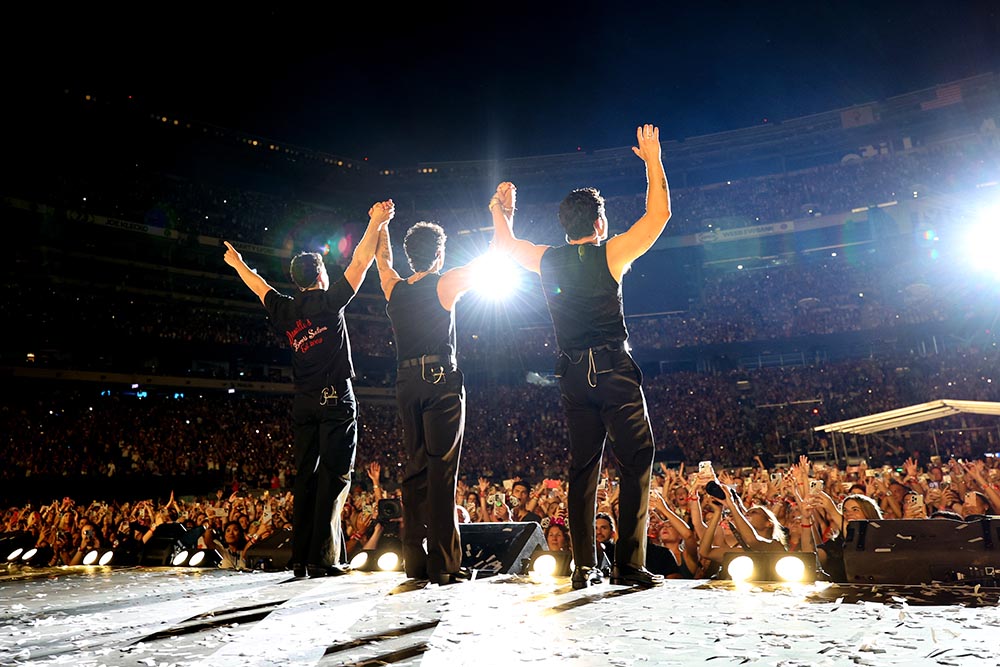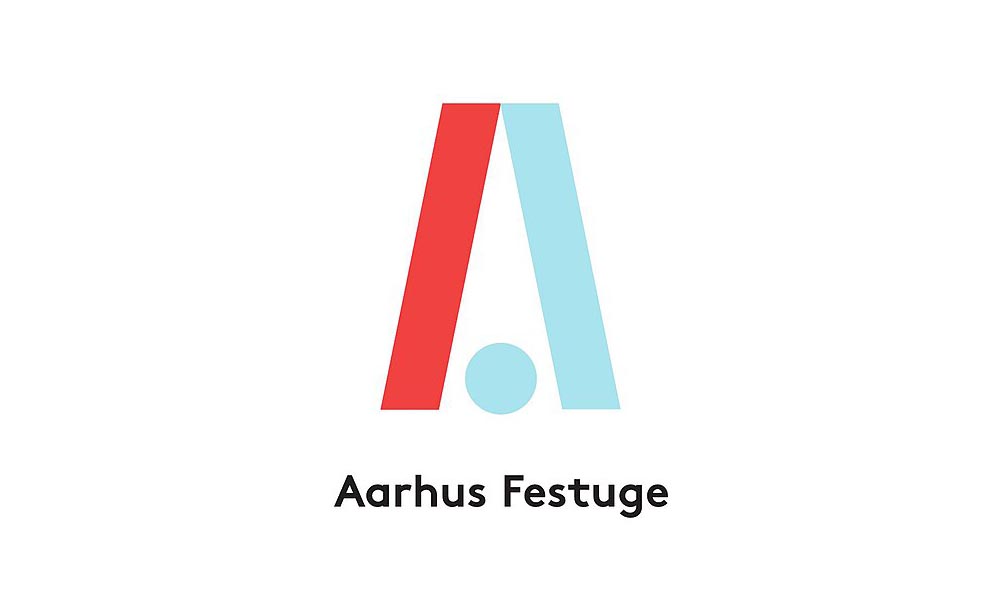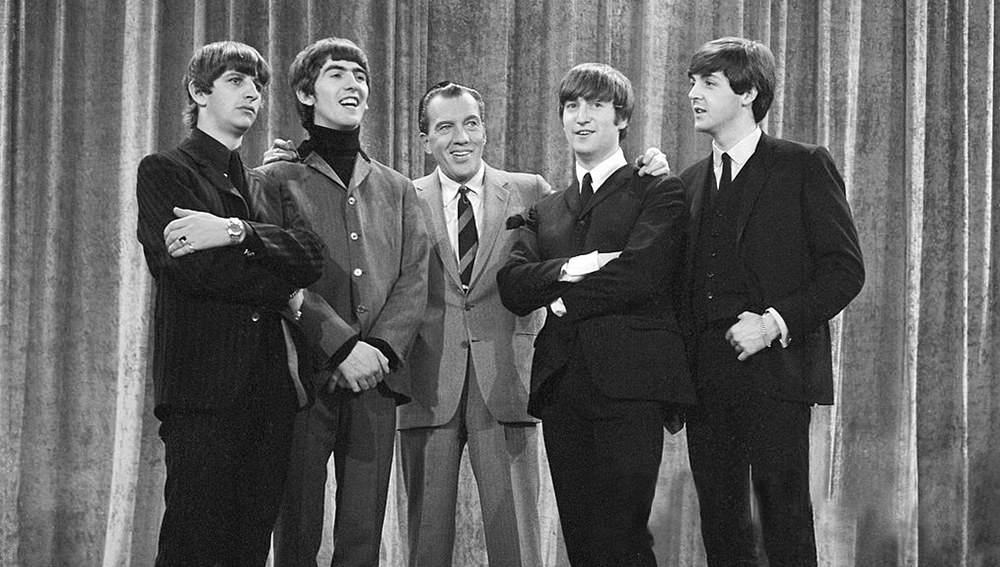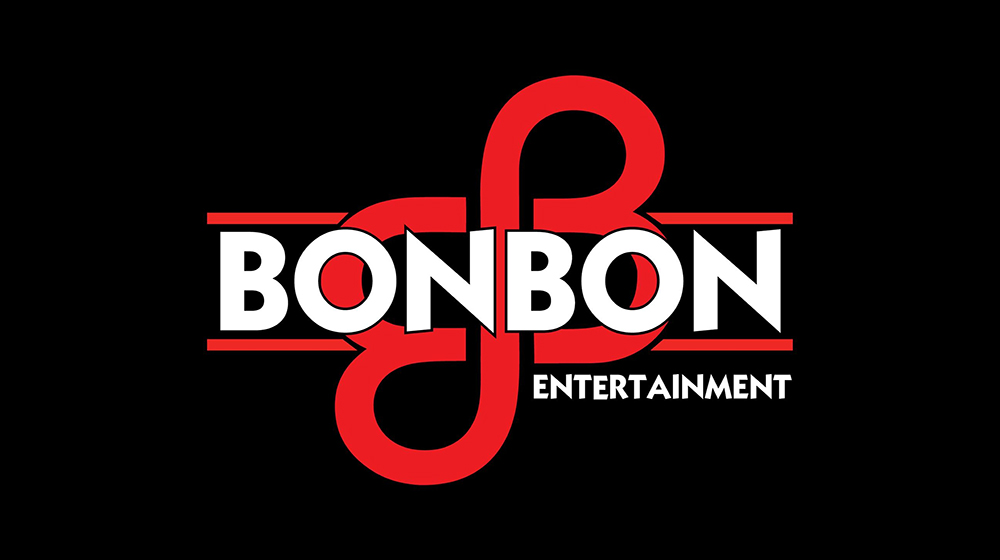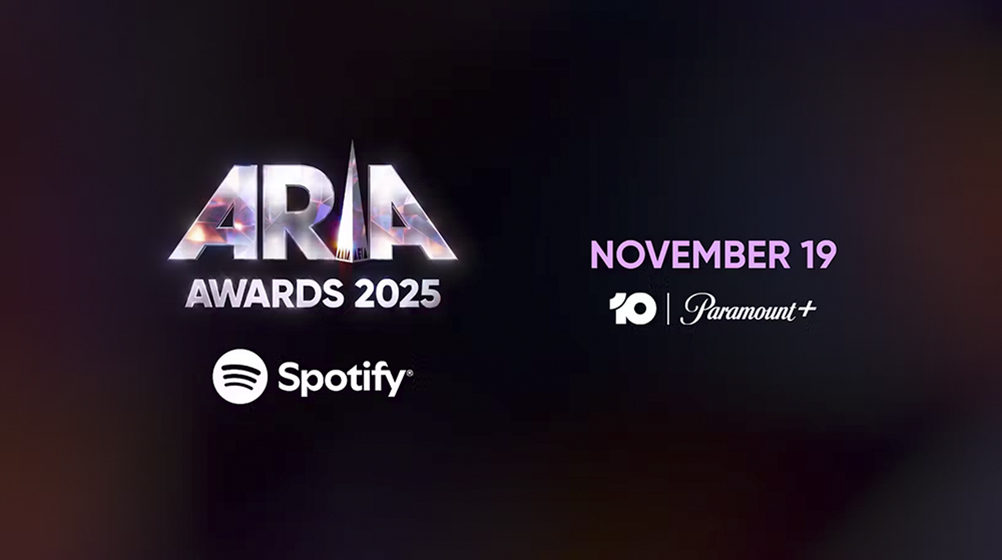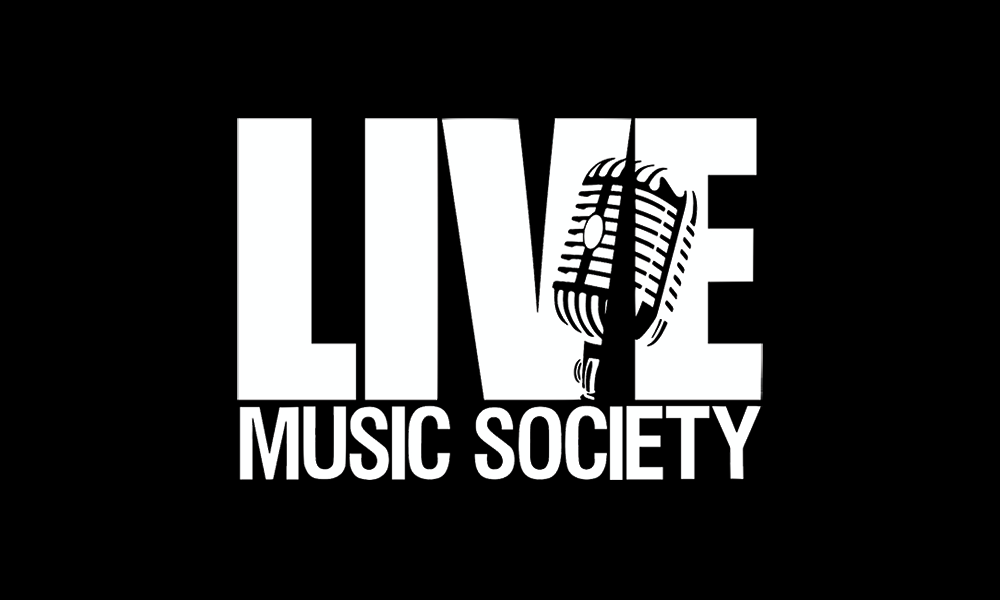The bill passed the House with broad bipartisan support, with 409 representatives voting in favor and just 15 voting against the legislation.
The bill addresses several major pain points for consumers in today’s ticketing industry but does not restrict markups above face value for tickets resold on the secondary market—a leading driver of high ticket prices.
It requires all sellers, in both the primary and resale markets, to clearly display the total ticket price—including fees—at the time the ticket is first shown, prior to purchase. These prices must also be disclosed in marketing materials and price lists.
The legislation bars so-called speculative ticket sales, in which the seller does not yet possess the ticket at the time of sale. However, it includes notable exceptions, such as allowances for so-called concierge services.
The bill establishes additional disclosure requirements for primary ticket sellers, secondary market sellers, and ticket exchanges, and mandates that sellers issue full refunds in the event of a cancellation.
It also aims to curb the use of misleading websites and deceptive URLs that give the false impression a reseller is an authorized vendor.
The Federal Trade Commission (FTC) would be responsible for enforcing the bill’s provisions, should it be signed into law.
Following its passage, some stakeholders in the industry praised the legislation.
Brian Hess, Executive Director of the Sports Fans Coalition, said:
“With another overwhelming bipartisan vote, the House of Representatives has reaffirmed what consumer advocates, artists, venues, and industry leaders all agree on: it’s time for transparency in ticketing.
We thank Chair Guthrie, Ranking Member Pallone, Chair Bilirakis, and Ranking Member Schakowsky for their tireless advocacy on behalf of fans. The TICKET Act delivers all-in pricing and comprehensive protections against deceptive practices that have plagued the ticket resale market for too long.
We urge the Senate to pass the TICKET Act without delay. Together, we can build a marketplace that works for fans.”
Others were more measured in their support and voiced concerns about certain provisions.
Stephen Parker, Executive Director of the National Independent Venue Association (NIVA), said:
“The speculative ticketing ban in the TICKET Act is an important step toward restoring trust in the ticketing market. Artists, independent venues, and promoters fought tirelessly over the last two years to secure this critical protection. Any national ticketing law must truly ban speculative tickets without exception.
Unfortunately, the inclusion of a ‘concierge service’ carveout, as written in the TICKET Act, would undermine the speculative ticket ban. Concierge services should not be a loophole for companies like Vivid Seats to claim they are offering a service while selling ‘tickets’ they don’t possess to unsuspecting fans. States across the country have proven that strong, loophole-free ticketing consumer protections work, and Congress should build on that momentum. The White House Executive Order on Combating Unfair Practices in the Live Entertainment Market also made clear that deceptive practices must be fixed, not rebranded.
We urge Congress to amend the language to ensure that ‘concierge services’ do not empower multi-billion-dollar resale platforms over consumers. Further, we support strengthening the law with enhanced penalties and enforcement authority for state attorneys general to deter bad actors and ensure the law is followed. Illegal bot use runs rampant in the ticketing industry because the FTC has brought only one enforcement action since the use of bots was banned in 2016. We hope Congress does not miss the opportunity to ensure these laws are effectively enforced in the future.”
Nathaniel Marro, Executive Director of the National Independent Talent Organization (NITO), was more blunt in his assessment:
“The TICKET Act that just passed the House does not do nearly enough to protect fans and consumers against bad actors. Vivid Seats’ speculative ticket ‘seat saver’ program is still 100% legal. All-in pricing without itemization means fans won’t know the price the artist sets. Bots will continue to run rampant without stronger enforcement mechanisms.
NITO urges the Senate to strengthen this bill prior to passage, and we will continue to advocate for stronger protections for our community.”
The legislation now heads to the Senate, where its future—and potential revisions—remain under consideration.

